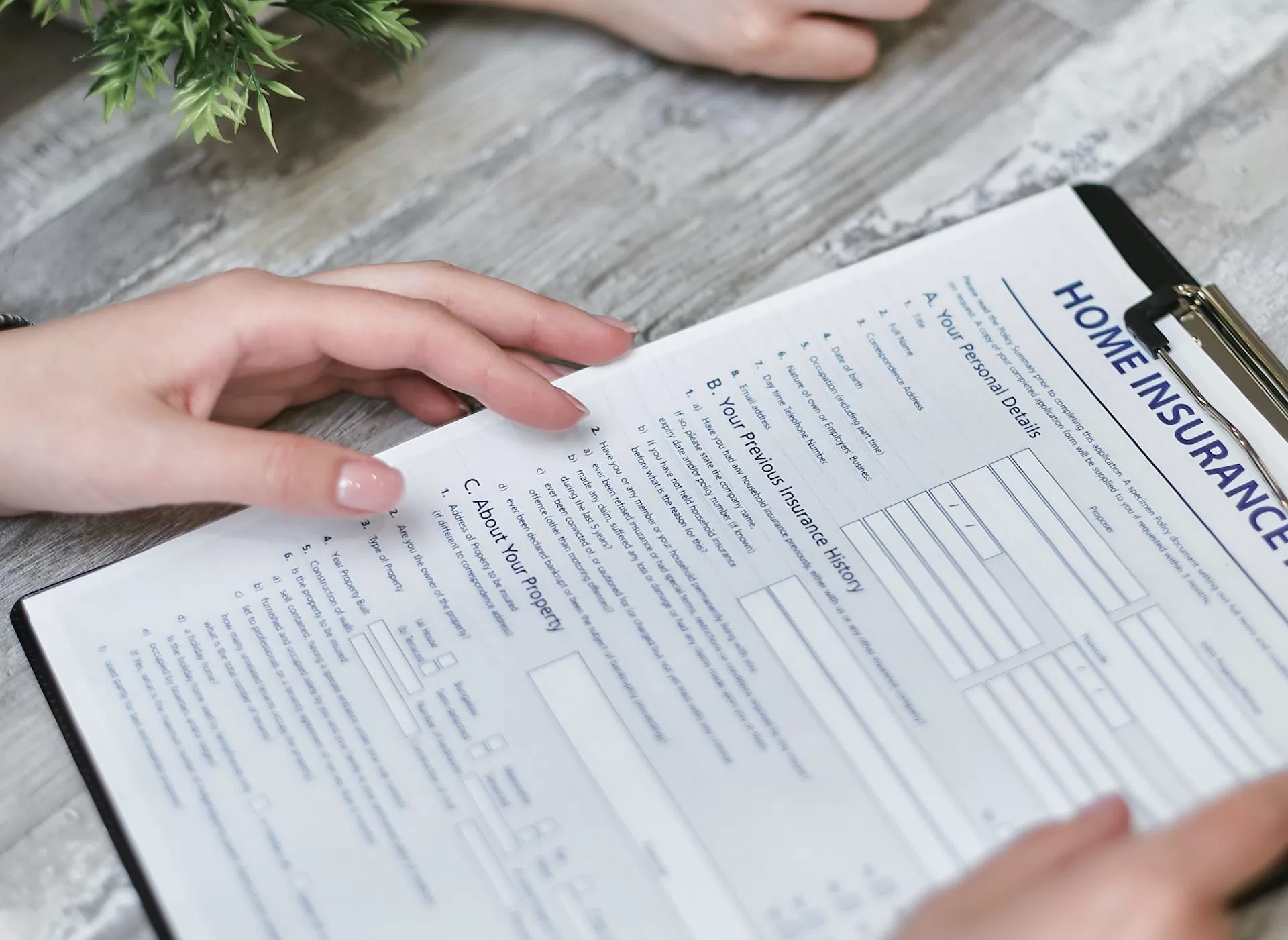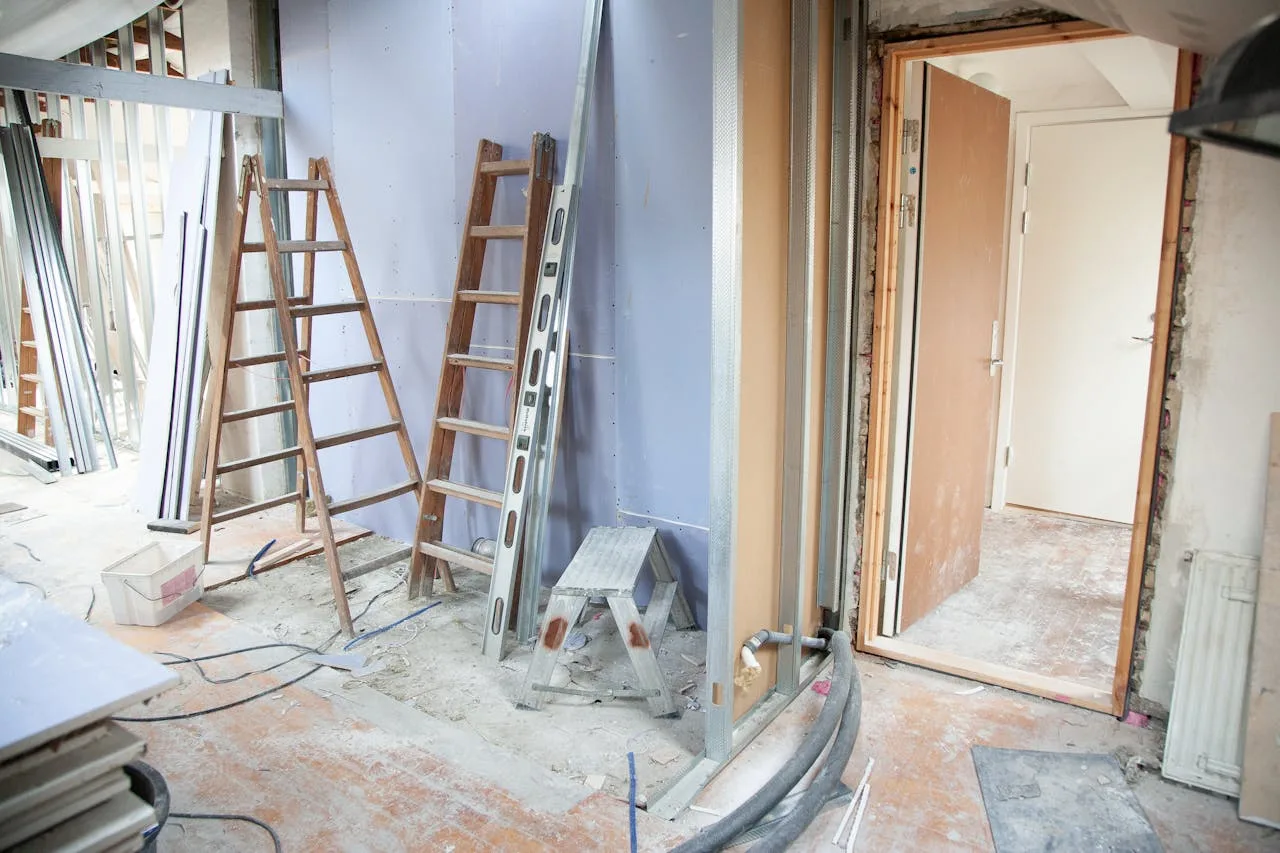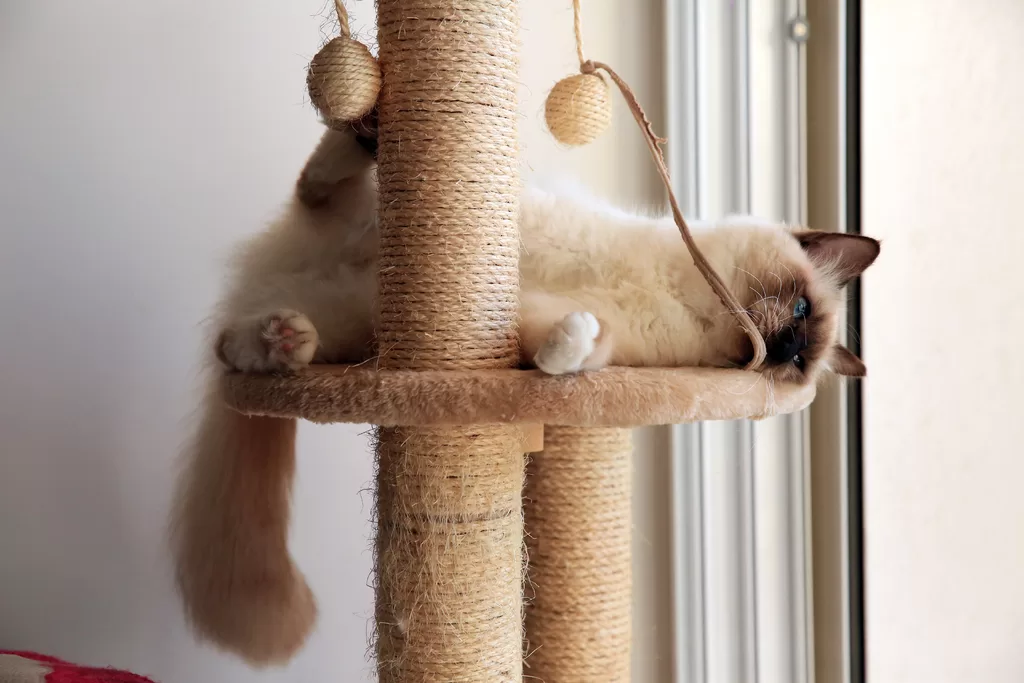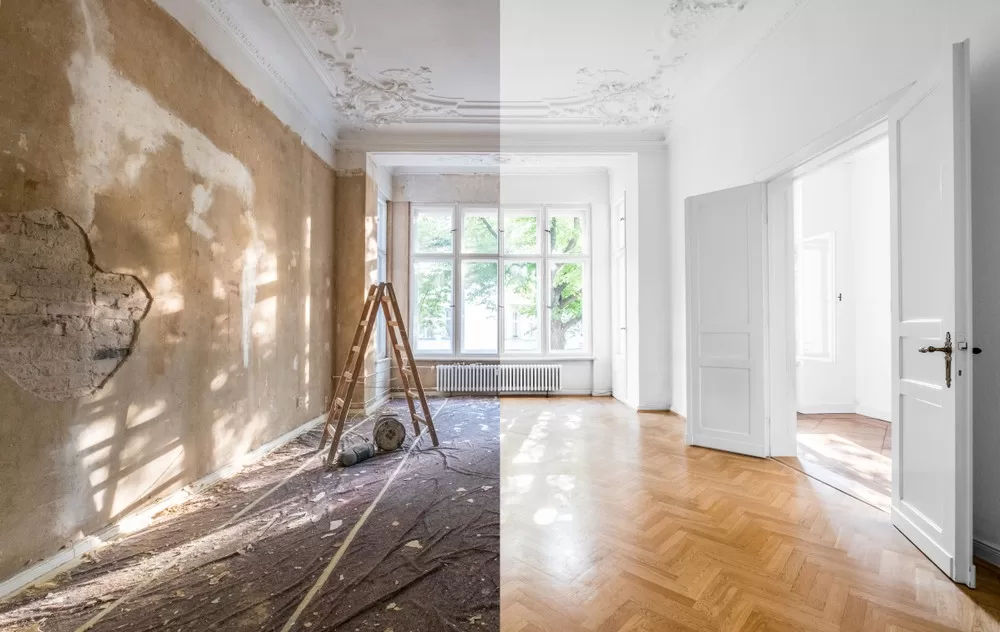Reducing paper clutter involves more than simply filing everything away. Documents need to be sorted to ensure that they don’t exceed the available filing space.
For some, paper clutter is never an issue. Letters, junk mail and documents are never anywhere other than where they belong – sitting on a desk waiting to be dealt with or filed neatly away.
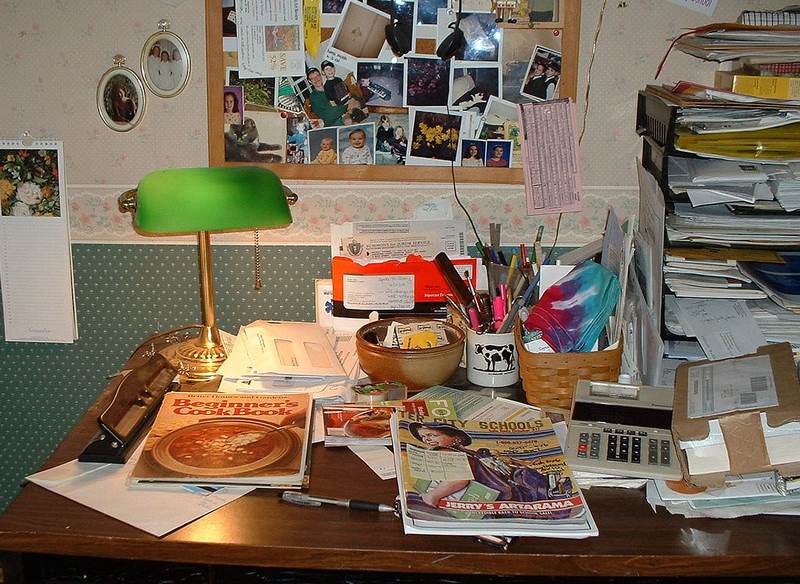
How to Reduce Home Office Paper Clutter
For others, piles of paper seem to multiply overnight with bank statements and overdue bills gathered together with sale brochures, school newsletters, and last year’s Christmas cards. Attempts to declutter often lead to reorganizing and reshuffling the piles. Papers move, but the piles don’t get any shorter and nothing really changes.
Acknowledge the Problem
Some people find the written word difficult to resist. Whether it is an important document, an interesting article in a magazine or an advertisement for a business that may one day be useful, pieces of paper hold a strange fascination that makes them difficult to discard.
To permanently deal with paper clutter it is important to realize that this is a weakness and to acknowledge that not every piece of paper is worth keeping.
Sort through the Piles of Paper
Use four archive boxes or laundry baskets and label – important, filing, sort, rubbish/recycle. It may be tempting to divide into more groups initially, but this will just complicate and slow down the sorting process.
Tackle the mess one pile of paper at a time and sort into the boxes.
Important
Bills to pay, letters that need a response, credit card and cash card receipts, valid vouchers and discount coupons. Anything that needs reasonably immediate attention.
Filing
Important receipts, bank statements, any documents required for legal or financial record keeping, school reports, medical results and other significant papers including phone numbers and addresses are written on scraps of paper.
Sort
Magazine articles, correspondence, children’s artworks, catalogs, photos, cards and letters that don’t require a response, recipes
Rubbish/Recycle
Out-of-date vouchers, junk mail advertising, scraps of paper with phone numbers but no name, catalogs or magazines you’ve read
Deal with Each Box
Important
Make phone calls and pay bills. Do whatever is necessary to deal with the papers in this pile so that they can either be allocated to filing or discarded.
Filing
Before this can be dealt with, there should be an organized filing system in place. Once a filing cabinet or set of folders has been established, sort through the box and group similar documents together.
Remember, not all documents need to be kept forever. Ask an accountant to outline which receipts are important to keep for taxation purposes. All credit card and cash card receipts should be kept at least until the next statement has arrived and can be checked.
It is up to each individual to decide which other documents, such as school reports, achievement certificates, personal correspondence and so on, need to be kept. It is not denying the significance of a relationship to discard an old birthday card. Write addresses or phone numbers into an address book and dispose of the scraps of paper.
Don’t forget to dispose of any personal or financial information carefully by shredding or otherwise ensuring that the papers cannot be read by others.
Sort
Be ruthless and keep only those documents that will be needed again. Where possible, copy or transfer the information to another place (like a word processing document, a postcard or photo album or a book of favorite recipes) and discard the bulky magazine that has been collecting dust. Keep only items that can be filed away. If an item can’t be found easily, there isn’t much point in keeping it anyway.
For those with a weakness for paper and the written word, paper clutter can quickly become a problem. Set up a filing system and use it to keep a home free from messy piles of paper.


